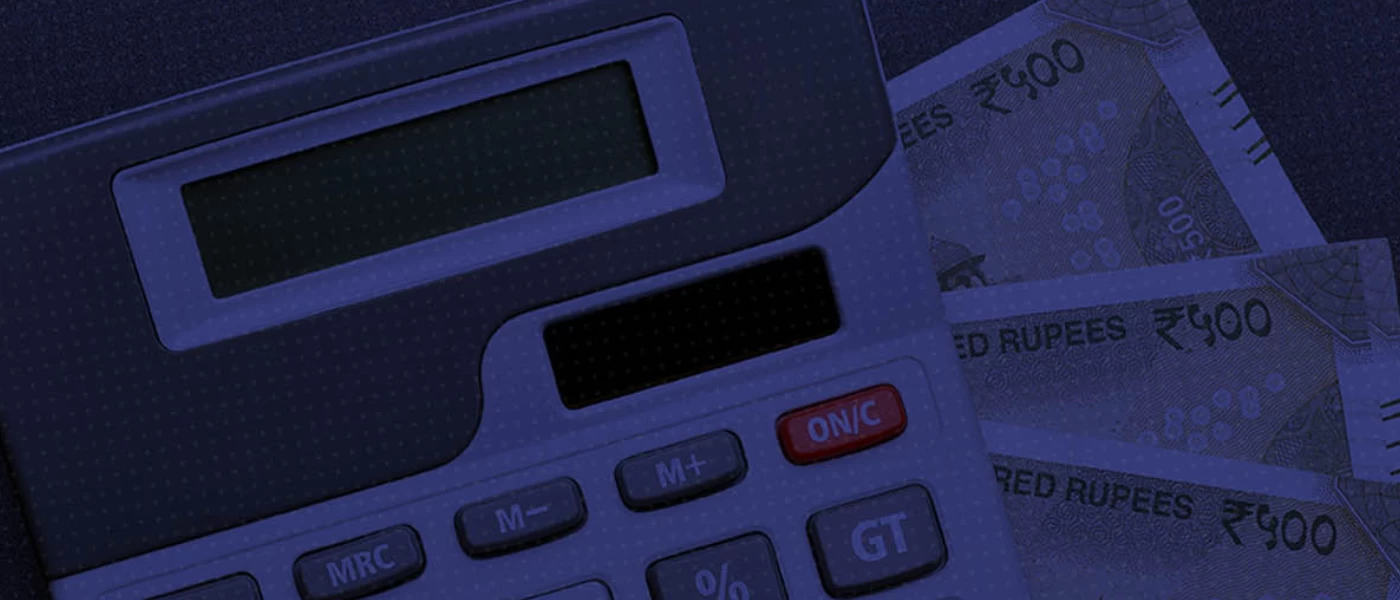Introduction
Sub-section (1H) introduced in Section 206 of the Income-tax Act, 1961 (‘IT Act’) by the Finance Act, 2020, seeks to extend the ambit of Tax Collection at Source (‘TCS’) to consideration received from sale of goods. Though the scheme seems harmless, given that the tax to be collected at source is currently proposed to be just 0.1% of the consideration from sale of goods in excess of INR 50 Lacs, it is not uncommon for the Government to magnify the rates manifold in future years to augment revenue collection, if the scheme is found effective. Be it as it may, this article seeks to address certain practical issues that would be faced by tax payers.
‘Goods’ meaning of
Though the section seeks to provide for collection of tax on sale of ‘goods’, the IT Act does not define the word ‘goods’. Article 366(12) of the Constitution defines goods to include all materials, commodities, and articles. This is an inclusive definition and does not throw much light on the meaning of the word ‘goods’. Section 2(7) of Sale of Goods Act, 1930 defines ‘goods’ to inter alia mean every kind of movable property other than actionable claims and money and includes stocks and shares. On the other hand, Section 2(52) of the Central Goods and Services Tax Act, 2017 (‘CGST Act’), defines the word ‘goods’ to include every movable property except money and securities[1], but includes actionable claims[2].
If the definition of ‘goods’ as contained in the Sale of Goods Act is adopted in the IT Act, consideration received on sale of stocks and shares would be subject to TCS, and consideration for sale actionable claims would be outside the purview of TCS. On the other hand, if the meaning of ‘goods’ as contained in CGST Act is adopted in the IT Act, consideration received on sale of securities would be outside the purview of TCS, but consideration for sale o actionable claims would be subject to TCS.
The Sale of Goods Act is a law enacted to codify the law relating to sale of goods, and hence contains natural meaning of the word ‘goods’. On the other hands, the CGST Act is a taxing statute, seeking to levy tax on the transaction of sale of goods. The CGST Act thus contains an artificial meaning of the word ‘goods’, so as to enlarge the collection of tax, rather than providing the commercial parlance meaning of the word ‘goods’. The expression ‘sale of goods’ is a term of well recognised legal import in the general law. In that sense, the Author believes that the meaning of ‘goods’ to be used in the IT Act must be derived from the Sale of Goods Act, rather than the CGST Act, as the former contains the natural meaning of the word.
The meaning of the words ‘goods’ has been judicially interpreted to include shares[3], electricity[4], licenses and scrips[5], canned software incorporated in a media[6], but would not include debentures and other debt instruments[7]. Doubts still exist as to whether the section would cover foreign currencies, forward contracts, derivatives, and other financial instruments.
Point of collection
The event that would trigger the applicability of Section 206C(1H) of the IT Act, is the sale of goods, but the collection of the tax has been fixed as the date on which consideration for the sale is received. It should always be remembered that TCS is a mechanism for collection of tax in advance. The section would therefore have to be interpreted in a manner to make it applicable on a date as close to the date on which taxable income accrues, except when a statutory deviation is made. Questions like whether TCS would have to be collected when money is received in advance, or where the goods were sold before the section came into force and consideration alone is received after 01-10-2020, or whether the section would apply to a non-resident, or whether a number of transactions with a single buyer have to be aggregated, would have to be answered with this crucial point in mind.
Consideration for sale
TCS is to be collected on the ‘consideration for the sale’. The phrase would include all indirect taxes collected on the sale[8] and reimbursements of costs. Cash and quantity discounts offered on the sale of goods would be reduced from the consideration for sale of goods, when applying the provisions of this section, provided such reduction in sale price satisfies the definition of “discounts” as held by courts in numerous cases.
When the buyer in unknown
When goods are sold through an exchange (like a commodity exchange or an electricity exchange), the seller of the goods does not generally know the details of the person who bought the goods. Applying the provisions of TCS in such situations would raise practical difficulties. Though it may be possible for the exchange in certain cases to identify the names of the buyer-seller for each transaction through the exchange, the exchanges may explore the possibility of taking over the responsibility of collecting and depositing the TCS on behalf of the sellers for administrative convenience.
Applicability on transactions covered within other section
Section 206(1) of the IT Act seeks to collect tax on consideration receivable on sale of certain specified goods like alcoholic liquor for human consumption, tendu leaves, timber, coal, lignite, iron ore, etc. Clause (1A) of the section however exempts applicability of the section to buyers who procure the goods for manufacturing some other products. Section 206(1F) of the IT Act provides for collection of tax on sale of motor vehicles. TCS would however not apply on sale of vehicles by a manufacturer to a dealer. Section 206(1H) of the IT Act provides for collection of TCS on sale of goods, other than the goods referred to in clause (1) or (1F) of Section 206(1A). An interpretation that goods excluded under sub-section (1A) would now be covered within sub-section (1H) of the section, does not seem to the reflect the correct legal position. In other words, a mining company selling coal to a power generating company would be exempted from collection of tax under sub-section (1), by virtue of sub-section (1A). Once coal is a class of goods covered in sub-section (1), applicability of TCS on sale of coal is expressly excluded from the ambit of sub-section (1A). Such conclusion is irrespective of the fact that the application of sub-section (1) on the transaction was exempted by sub-section (1A).
Conclusion
Given the wide net that the section seeks to cast, the practical difficulties that the operation of the section would create on high value and high volume transactions, and the different interpretations that the general words used in this section can invoke, the Central Board of Direct Taxes would have to come up with necessary clarification/ procedural facilitation so as to increase the ease of doing business.
[The author is a Joint Partner, Direct Tax Team, Lakshmikumaran & Sridharan Attorneys, Mumbai]
- [1] The word ‘securities’ is defined in Section 2(h) of the Securities Contracts (Regulation) Act, 1956, to include inter alia shares, stocks, bonds, debentures, derivatives, unites of mutual fund, rights or interests in securities, etc.
- [2] The phrase ‘actionable claim’ is defined in Section 3(28) of The Transfer of Property Act, 1882 to inter alia means a claim to any debt, other than a debt secured by mortgage of immoveable property or by hypothecation or pledge of moveable property.
- [3] Vadilal Sarabhai v. Manekji Pestonji Bharucha, (1923) 25 BomLR 414, decided in the context Indian Contract Act, 1872, before the Sale of Goods Act, 1930 was introduced.
- [4] Karnataka Power Transmission Corporation v. Ashok Iron Works Pvt. Ltd., (2009) 3 SCC 240, decided in the context of Consumer Protection Act, 1986.
- [5] Vikas Sales Corporation v. Commissioner of Commercial Taxes, (1996) 4 SCC 433.
- [6] Tata Consultancy Service Ltd. v. State of Andhra Pradesh, (2004) 137 STC 620 (SC).
- [7] R D Goyal v. Reliance Industries Ltd., (2003) 1 SCC 81, decided in the context of Monopolies and Restrictive Trade Practices Act, 1969.
- [8] Vinod Rathore v. UOI, [2005] 278 ITR 122 (MP); Paprika Ltd. v. Board of Trade, [1944] 1 All ER 372 (KB).











